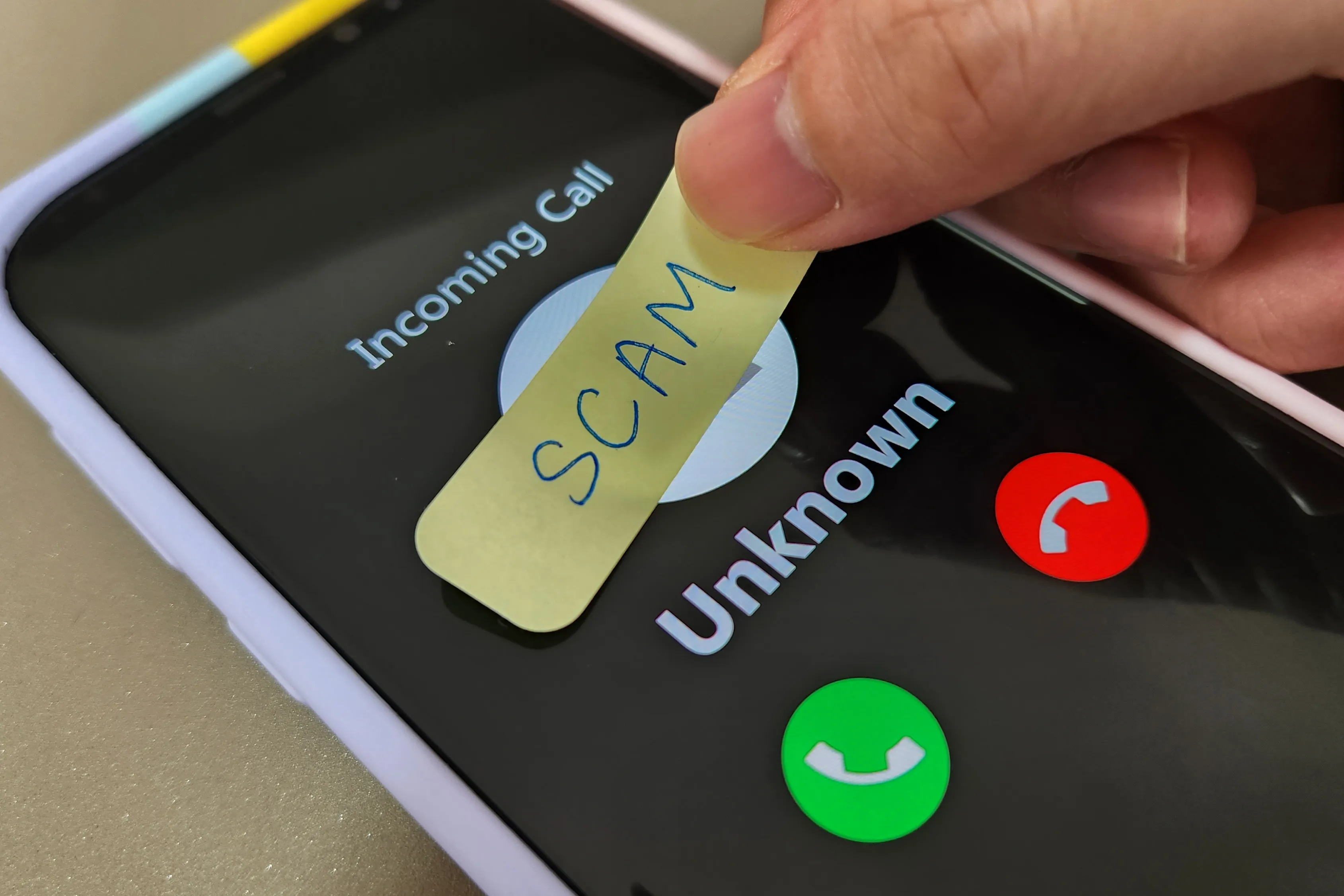
Tips offered for avoiding scams this holiday season
(Colorado News Connection) As the winter holiday season approaches, consumer advocates and federal agencies are warning the public to be on the lookout for tell-tale signs of a scam.
Mark Fetterhoff, program manager with AARP ElderWatch Colorado, said because people are expecting packages at this time of year, scammers have found great success separating people from their hard-earned money by posing as delivery officials.
"Text messages reporting to be from the U.S. Postal Service or FedEx or UPS," Fetterhoff explained. "Notifications that something is either wrong with the package or you need to click on a link to get more information about the package."
One way to ensure delivery is to send tracking information and expected arrival dates to recipients, even if it might spoil the surprise. If you are contacted, Fetterhoff said do not click links in texts or email. Call the company where you placed the order and ask if there are any problems. To help keep others from falling victim, Fetterhoff encourages people to report incidents by calling the ElderWatch Help Line at (800) 222-4444.
In the first half of 2023, more than one million Americans lost four-point-four billion dollars to scammers, according to Federal Trade Commission data.
Sophia Siddiqui, an attorney with the Federal Trade Commission Division of Marketing Practices said in a news briefing to Ethnic Media Services that scammers want you to pay using methods similar to cash, which are hard to trace and make it nearly impossible to get your money back.
"Nobody legitimate will demand that you have to pay with gift cards, crypto currency or a wire transfer. And if someone you don't know asks you to pay with one of these methods, it's likely a scam," she explained.
Social media has become the go-to platform for scammers to reach consumers, which resulted in spoils of $658 million during the first six months of this year. Scams via telephone saw the largest median per-person loss at $1,400. Bank transfers accounted for $901 million lost, by far the largest cash pipeline for scammers.












